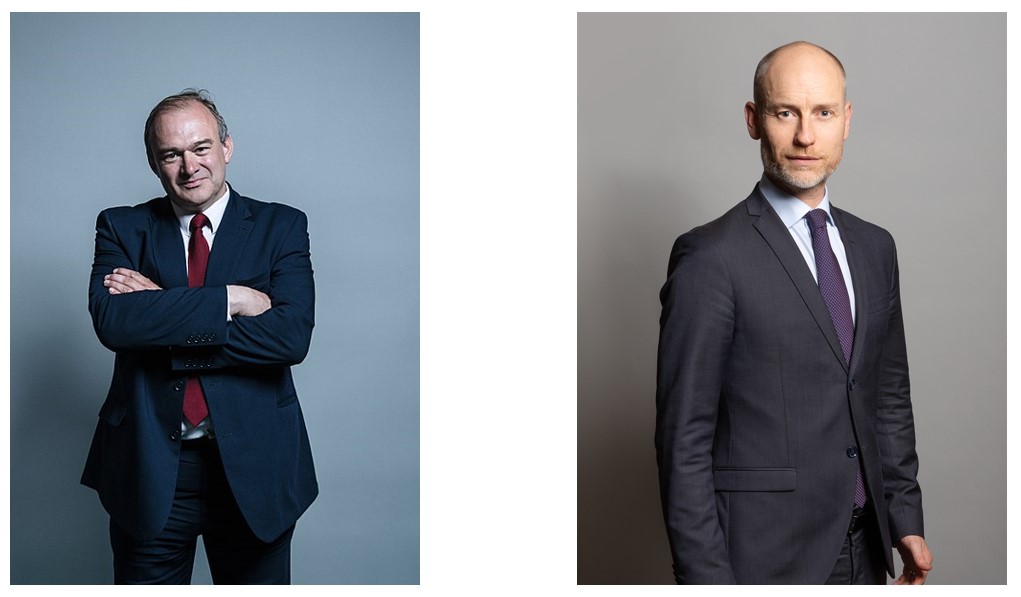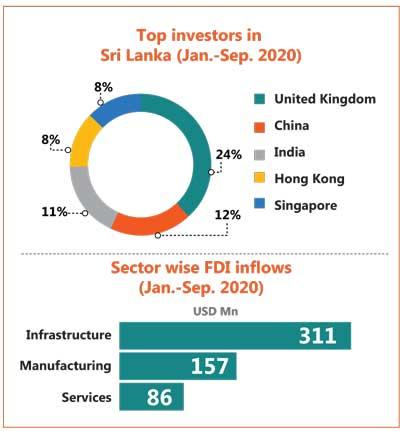.jpg)
Despite persistent questioning on whether the British government would impose sanctions on Shavendra Silva, and other Sri Lankan officials accused of grievous human rights abuses, Minister for Asia at the Foreign and Commonwealth Office and Department for International Development, Nigel Adams maintained silence.
“We will continue to consider targets globally, guided by the objectives of the human rights sanctions regime and the evidence. However, it is not appropriate to speculate on who may be designated in the future, as to do so could reduce their impact” he maintained.
The response follows an admission that the Government had failed to carry out an assessment of Sri Lanka’s compliance of human rights in its trade agreements. Despite this, Britain’s High Commissioner in Sri Lanka, Sarah Hulton, reaffirmed a “commitment to Sri Lanka”, as consultations began on the government’s new Developing Countries Trading Scheme.
Labour MP Sam Tarry had written to the minister, asking if "he will undertake and publish an assessment of the human rights impact of the £6.3 million the Government has spent on supporting security reform in Sri Lanka" and "whether he plans to apply sanctions against (a) General Shavendra Silva and (b) other officials in Sri Lanka accused of committing human rights abuses in that country".
The Foreign Office’s latest human rights report further acknowledge the continued deterioration of rights in Sri Lanka but reaffirms Britain’s commitment to supporting Sri Lanka through the Conflict, Stability and Security Fund (CSSF) programme.
Read more here: ‘Time for the UK to Sanction Sri Lanka’s Army Commander’ – International Truth and Justice Project
Failing moral authority

Britain’s lacklustre response has received sharp criticism from human rights organisations such as the People for Equality and Relief in Lanka (PEARL) as well as internal opposition in parliament.
The Shadow Minister for Asia and the Pacific, Stephen Kinnock, has highlighted the failures of the British government to abide by its moral duties and questioned why the government’s review of its Global Human Rights sanctions regime does not include “a single senior Sri Lankan government minister, official or military officer”.
Similarly, questioned the failure to impose sanctions on officials such as Silva as well as the continued use of Britain’s Conflict, Stability and Security Fund budget to support Sri Lanka’s police and military.
![]()
Scotland's Former Justice Minister, MP Kenny Macaskill, has raised concerns over the resumption of the UK's police training in Sri Lanka. In an interview, he expressed his regret for "turning a blind eye to these abuses and continuing training contracts whilst serving as justice Minister.

Despite the growing opposition to the government’s posture towards Sri Lanka, the government appears content to deepen ties with what British Upper Tribunal recognises as an “authoritarian government”. In March, Sri Lanka’s Board of Investment (BOI) reported that in the first 9 months of 2020 the UK outpaced China in terms of foreign direct investment, accounting for 24% whilst China only accounted for 12%. Sri Lanka’s Central Bank has reported US $ 548 million in total FDI in the nine months to September 2020, compared to the US $ 793 million in the same period in 2019.
Read Adam's response here.
